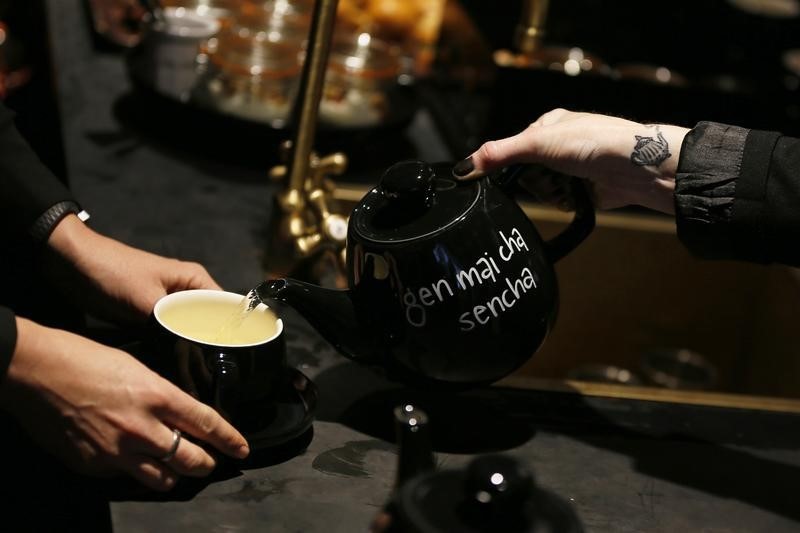Investing.com – Activity in the U.K. service sector eased more than expected in January, falling back from what had been a 17-month high in January, industry data showed on Friday.
In a report, market research group Markit said the seasonally adjusted Markit/CIPS services purchasing managers’ index (PMI) dropped to 54.5 last month from a reading of 56.2 in December.
Analysts had expected the index to fall only to 55.8.
On the index, a level above 50.0 indicates expansion in the industry, below 50.0 indicates contraction.
Markit indicated that this was the slowest rise in output since October, though the survey did show the strongest business expectations since May 2016.
The report also highlighted that input price inflation hit its highest level since March 2011.
“Service sector growth eased after a strong end to 2016, but the January surveys still point to a buoyant start to 2017 for the U.K. economy,” Markit chief economist Chris Williamson said in the report.
Combined with the other PMI surveys from manufacturing and construction, Williamson said the data pointed to economic growth of 0.5% in the first quarter of 2017.
He noted that the strong optimism suggested that the slowdown in January may be temporary.
Regarding price increases, Williamson warned that higher costs could inevitably feed through to consumer prices.
“While the robust start to the year adds some justification to the Bank of England’s improved outlook for 2017, the degree to which costs are rising threatens to test the tolerance of some policymakers in terms of their willingness to ‘look through’ what’s likely to be a marked upturn in inflation in 2017,” he concluded.
Immediately following the report, sterling weakened on the disappointing data. GBP/USD was trading at 1.2481 from around 1.2524 ahead of the release of the data, EUR/GBP was at 0.8606 from 0.8580 earlier, while GBP/JPY traded at 141.24 compared to 141.57 previously.
Meanwhile, European stock markets traded higher, with London’s FTSE 100 gaining 0.50%. The Euro Stoxx 50 rose 0.50%, France's CAC 40 traded up 0.85%, while Germany's DAX advanced 0.25%.
